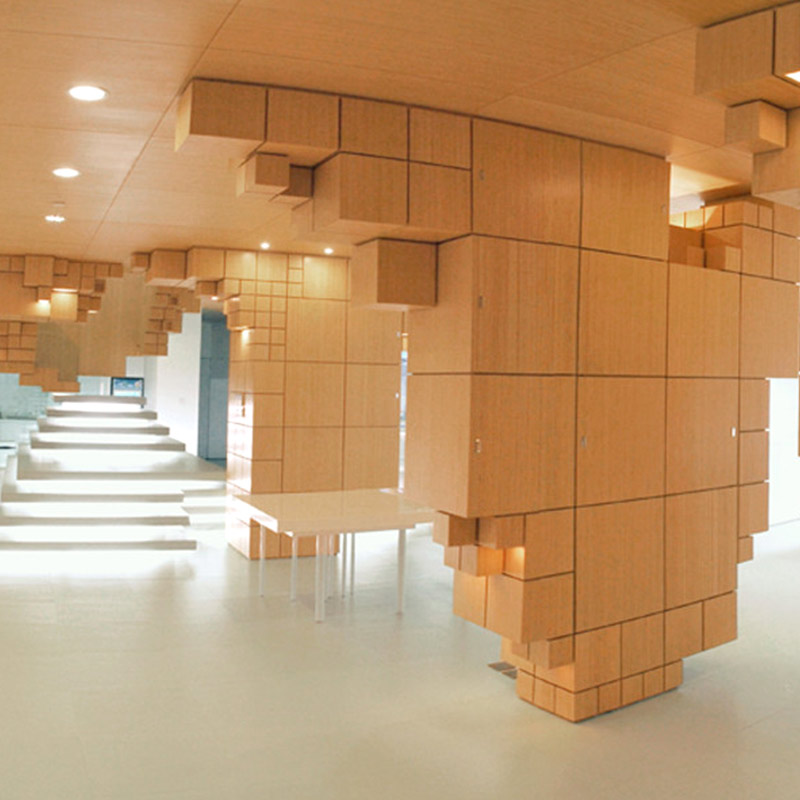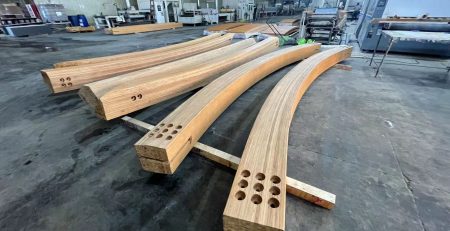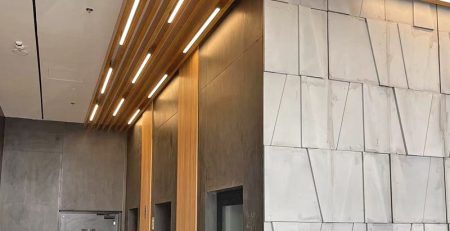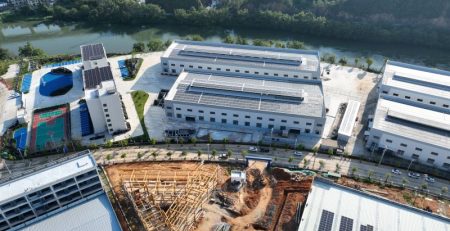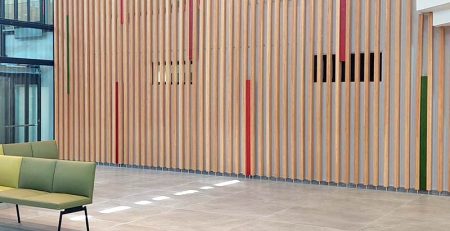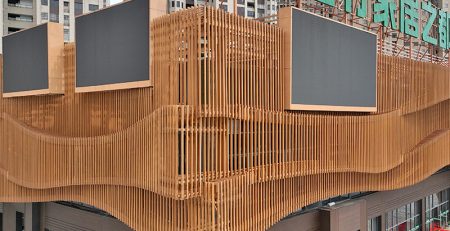Bamboo Industry In The Future
Bamboo has been an important resource for humans for thousands of years. It is a versatile plant that can be used for various purposes, from construction to food. In recent years, the bamboo industry has been growing rapidly, and this trend is expected to continue in the coming years. In this report, we will examine the current state of the bamboo industry and make predictions about its future.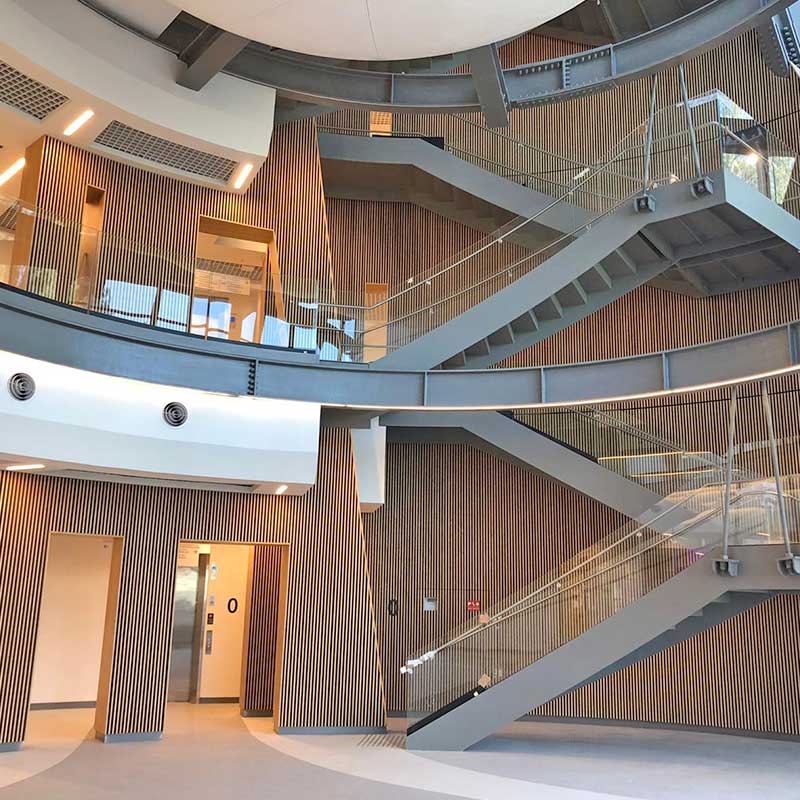
Current State of the Bamboo Industry
The bamboo industry has been growing at an impressive rate in recent years. According to a report by Grand View Research, the global bamboo market size was valued at USD 68.7 billion in 2020 and is expected to grow at a compound annual growth rate (CAGR) of 5.5% from 2021 to 2028. The demand for bamboo products is being driven by several factors, including their eco-friendliness, durability, and versatility.
China is currently the largest producer and consumer of bamboo products, accounting for more than 80% of the global market. Other major producers include India, Indonesia, Vietnam, and Thailand. The most commonly produced bamboo products include flooring, furniture, paper, and textiles.
In recent years, there has also been a growing interest in using bamboo as a sustainable alternative to traditional construction materials such as timber and concrete. Bamboo has several advantages over these materials, including its strength, durability, and rapid growth rate. As a result, there has been a surge in the use of bamboo in construction projects around the world.
Predictions for the Bamboo Industry in the Future
Based on current trends and market projections, we predict that the bamboo industry will continue to grow at a steady rate in 2023. Here are some of our predictions for the industry:
1. Increased Demand for Sustainable Products
As consumers become more aware of the environmental impact of their purchasing decisions, we expect to see an increase in demand for sustainable products made from bamboo. This includes not only traditional bamboo products such as flooring and furniture but also newer applications such as bamboo-based textiles and biodegradable packaging.
2. Growth in the Construction Industry
We expect to see continued growth in the use of bamboo in construction projects around the world. As more architects and builders become aware of the benefits of bamboo as a sustainable building material, we predict that it will become more widely used in both residential and commercial construction projects.
3. Expansion into New Markets
While China currently dominates the global bamboo market, we predict that other countries will begin to expand their production and consumption of bamboo products in the coming years. This includes countries such as Brazil, which has a large supply of bamboo but has yet to fully tap into its potential as a commercial resource.
4. Innovation in Bamboo Products
As the demand for bamboo products continues to grow, we expect to see increased innovation in the development of new products and applications. This includes traditional bamboo products and new uses such as bamboo-based batteries and biofuels.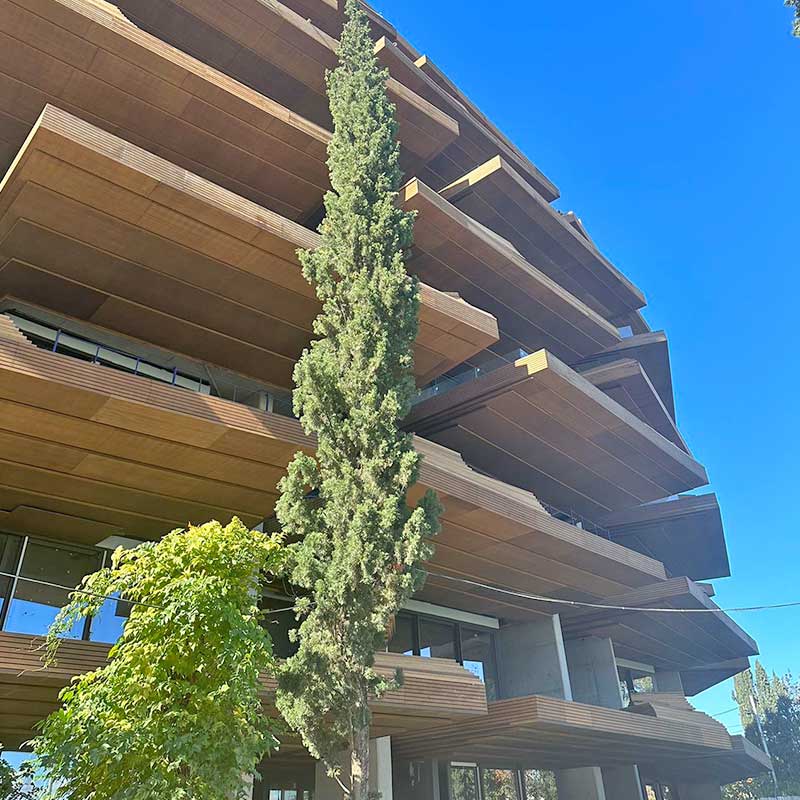
The bamboo industry is poised for continued growth in the coming years. As consumers become more environmentally conscious and the benefits of bamboo as a sustainable resource become more widely known, we expect to see increased demand for bamboo products across a wide range of industries. With its versatility and eco-friendliness, bamboo is well-positioned to play an increasingly important role in our economy and our daily lives.

